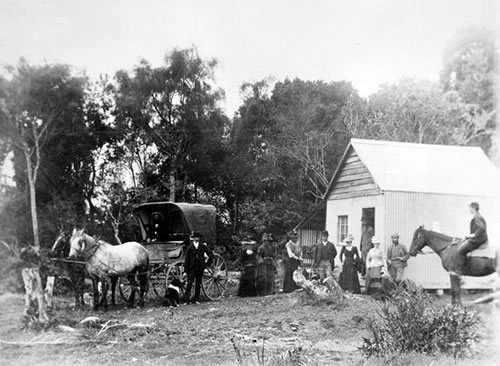With the signing of the Electoral Bill by Governor Lord Glasgow, New Zealand becomes the first country in the world to grant national voting rights to women.
The bill was the outcome of years of suffragette meetings in towns and cities across the country, with women often traveling considerable distances to hear lectures and speeches, pass resolutions, and sign petitions. New Zealand women first went to the polls in the national elections of November 1893.
The United States granted women the right to vote in 1920, and Great Britain guaranteed full voting rights for women in 1928.
From the turn of the 20th century, women have participated in government in Australia. Following federation, the government of the newly formed Commonwealth of Australia passed the Commonwealth Franchise Act 1902 allowing most women to both vote and stand in the federal election of 1903. South Australia and Western Australia granted women the vote before federation, and the states of New South Wales, Tasmania, Queensland and Victoria also passed legislation allowing women to participate in government at the state and local levels following federation. Indigenous Australian women did not achieve suffrage at all levels of government and in all states and territories until 1962.
Although Australia was the first country to allow women to stand in elections, women were not successful at a federal election until 1943.


